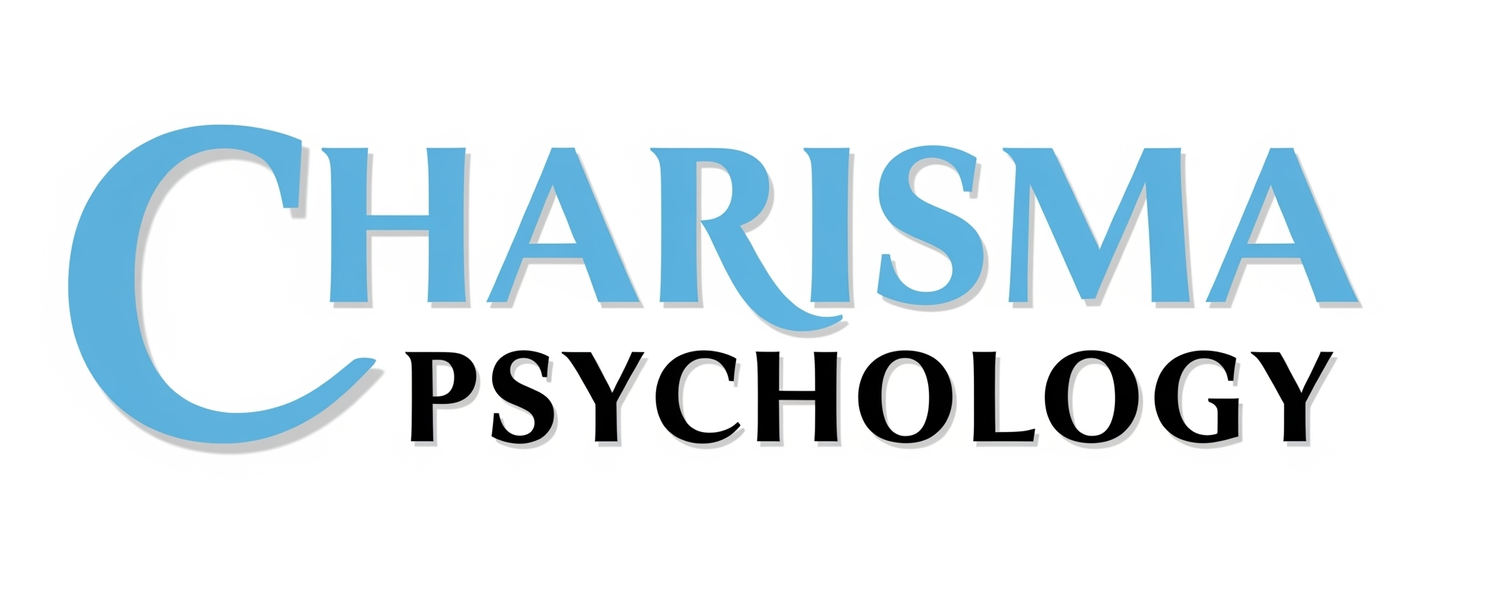Frequently asked questions about ADHD
-
No, it is classified and understood to be a ‘neurodevelopmental disorder’. This means that it reflects some differences in the way brains approach some everyday tasks. These differences are most definitely not all negative. However, in our society some systems have been organised in a way that can disadvantage the natural ADHD ways of doing things. This can then lead to people experiencing mental health challenges, such as anxiety or low mood.
-
Yes, according the Diagnostic and Statistical Manual – 5 (DSM-5) some people have the combined type which involves symptoms of inattention, hyperactivity and impulsivity. Others can experience mainly inattention symptoms, known as the inattentive presentation and other predominantly the hyperactive-impulsive presentation.
-
Charisma Psychology provides the option of either face to face assessments, held in a clinic in central Stirling or online Zoom video consultations.
Both forms of assessments, using a structured evaluation can provide accurate diagnosis. However, face to face assessments can often provide richer information that may not be as easily detected online.
-
This is a common fear I often hear in the clinic. People with ADHD have often been told by others that they are lazy or not trying hard enough. People with ADHD have often internalised these unkind ‘labels’ and this can often act as a barrier to seeking help. In reality people with ADHD are often working harder than can be seen by their performance. Even after diagnosis some can still find it difficult to believe that what was perceived to be ‘laziness’ was actually due to a range of different challenges. This is where psychological therapy can be helpful to challenge some of these thinking patterns. And of course, we can all be lazy sometimes!
-
Social media has been helpful in raising awareness about the difficulties faced by people with ADHD. It has also been unhelpful in sharing inaccurate information. Many of the commonly described features of ADHD described on social media are not part of the diagnostic criterion. However, clients often find during the assessment that the diagnostic criteria are actually very specific and the process rigorous. I find that after assessment this is no longer a concern for most people. Also, social media can be very helpful for sharing similar experiences amongst other ADHD’ers and this joint sharing of information may lead to deeper understandings of ADHD in the future.
-
Prior to the assessment, you will be given some pre-assessment questionnaires which look at symptoms of ADHD and other conditions. If your scores on these measures do not indicate that a full ADHD assessment would be useful, this will be discussed with you, and you will receive a full refund.
If an ADHD assessment is considered appropriate but at the end of the assessment it is considered that you do not have ADHD, it is likely that you have other difficulties that need treatment. As a Clinical Psychologist, I can provide psychological therapy to help with these difficulties or direct you to another form of support. Either way, you are likely to have a much better understanding of your challenges following the assessment.
-
For teenagers who are still at school, the ADHD diagnosis requires collecting information relating to potential symptoms in school as well as out of school. This involves liaising with schools to collect this additional information and this requires more time. The cost reflects the additional time taken.
